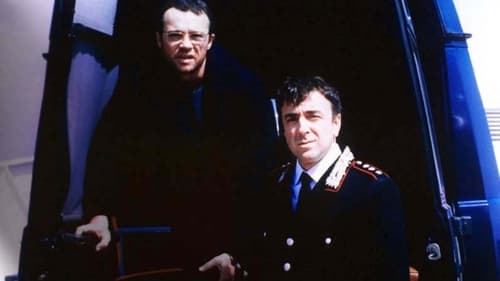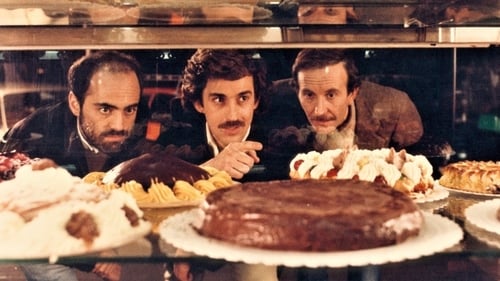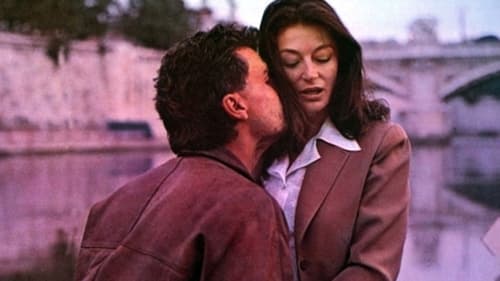
Father Carlo
Italy, early 80's. A political terrorist is being transferred northward from Sicily for a conjugal visit; during the journey, a police captain tries to make him cooperate.

Radiologist
Режиссёр Джованни «Нанни» Моретти ведёт дневник. В него он записывает события своей жизни. Вот он ездит по Риму на своём мопеде «Веспа», встречая римлян и туристов, вот он ездит по островам с другом, изучающим джойсовского «Улисса», подпадая под власть телевидения, вот рассказывает историю своей борьбы с раком лёгких. История в трёх главах – сама жизнь: курьёзная, комедийная, странная, грустная, страшная. И переходы от комедии к трагедии такие резкие, как извивы аттракциона «американские горки». Может быть, именно в них – всё очарование жизни в Вечном городе, на островах, под итальянским небом.

The young priest Father Giulio returns to Rome, his hometown, after a long pilgrimage. Don Giulio hopes to live peacefully with his family and his friends, but discovers that many of them are depressed or frustrated, and some suicidal.

Michele criticizes the film industry and its inhabitants, and is particularly embattled with a Neapolitan director making a musical about the 1968 student demonstrations. At the same time, Michele has a creative block and struggles to finish his film titled "Freud’s Mother." Nanni Moretti’s self-inquiry into filmmaking, political ennui, and men’s relations with their mothers.

Mauro, a judge, is worried about his older sister Marta, who took care of him since he was a boy, and now suffers from mental illness and suicidal thoughts. She seems to recover from her depression when Mauro acquaints her with Giovanni, a brilliant actor at the edge of legality. However, Mauro becomes unconsciously jealous of their relationship and tries to get Giovanni arrested.




